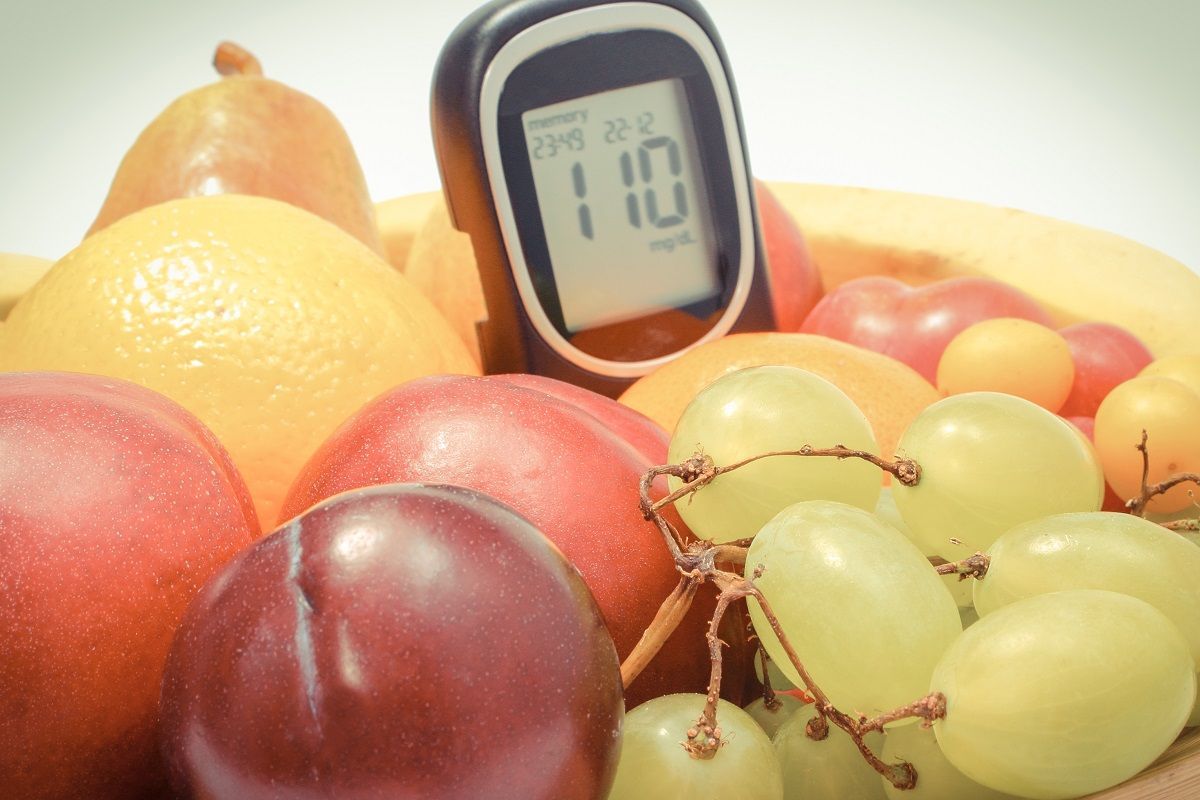Navigating Postpartum Depression: Tips for Coping and Healing

Bringing a new life into the world often brings joyful experiences of pure love and wonder. However, amidst the tender coos and tiny fingers, there exists a silent shadow that some mothers find themselves grappling with - postpartum depression (PPD). In the midst of what should be a joyous journey, PPD casts a heavy veil over a mother's emotions, making each day feel like an uphill battle. Yet, within this darkness is hope, understanding, and a path towards healing.
Fortunately, there are many ways to manage postpartum depression. Here's what you need to know about PPD and how to manage it.
How Common is Postpartum Depression?
Postpartum depression presents a considerable mental health challenge for women. It impacts about 13-19% of new mothers. This mood disorder is identifiable as a prolonged period of sadness, anxiety, and emotional instability following childbirth.
It typically manifests within the first few weeks or months after delivery, but it may emerge later in some cases. While most new moms may feel sad or emotional after having a baby, PPD is different. It's more serious and lasts longer than the common "baby blues," which affects up to
80% of new moms.
What Causes Postpartum Depression?
We don't know exactly why some moms get PPD. Some experts believe it happens because of a mix of psychological, biological, and social factors. Changes in hormones, not getting enough sleep, feeling sore after giving birth, and feeling stressed about being a new parent can all contribute to PPD. Personal or family history of depression, lack of social support, financial strain, and relationship difficulties can also increase the risk of developing PPD.
Recognizing the Symptoms of Postpartum Depression
The symptoms of postpartum depression vary in severity and may overlap with those of other mental health conditions. Common signs of postpartum depression include:
- Persistent feelings of sadness, hopelessness, or emptiness
- Irritability, agitation, or mood swings
- Loss of interest or joy in favorite activities
- Changes in appetite or sleep patterns (insomnia or excessive sleeping)
- Fatigue or loss of energy
- Difficulty bonding with the baby
- Feelings of guilt, worthlessness, or inadequacy as a mother
- Thoughts of self-harm or harming the baby
The Impact of Postpartum Depression
Without proper treatment and support, PPD may interfere with maternal-infant bonding, hinder the mother's ability to care for herself and her baby, and strain relationships with partners and other family members. Moreover, if PPD isn't treated, it can cause long-lasting problems. This includes making it more likely for the mom to develop chronic depression, which can affect how the child grows and learns.
The Importance of Management and Coping Strategies of PPD
Postpartum depression requires a multifaceted approach that targets physical, emotional, and social aspects. Seeking professional help is essential, but self-care strategies also aid recovery.
Prioritize Self-Care
It's really important to take care of yourself when dealing with postpartum depression. Try to do things that make you happy and relaxed, like hobbies or spending time with loved ones. You can try relaxing techniques like deep breathing or mindfulness to help with stress. Make sure to get enough sleep and eat healthy foods too. Also, doing some physical activity can help your body in many ways, like making your muscles stronger, helping with breastfeeding, and making you feel better overall.
Read:
8 Tips for Incorporating Fitness Into Your Family’s Daily Routine
Involve Your Partner
Partners play a vital role in supporting mothers with postpartum depression. They should encourage open communication and self-care, educate their partners about PPD, and involve them in their treatment plans. During this tough time, partners should assist with taking care of the baby and chores around the house. They should also offer emotional support and listen without judgment. Having someone to talk to during trying times helps with easing the burden.
Seek Professional Postpartum Depression Help
If you suspect that you are experiencing postpartum depression, don't hesitate to seek help from a healthcare provider. They can evaluate, diagnose, and recommend appropriate postpartum depression treatment options. This can include therapy, medication, or a combination of both.
Read:
Tips to Finding a Primary Family Care Provider in Sacramento
Build a Support Network
Don't underestimate the power of social support in coping with postpartum depression. Reach out to close or trusted friends, family members, or support groups. They can offer understanding, encouragement, and practical assistance. Talking to others who have faced similar challenges can make you feel understood and stronger.
Practice Self-Compassion
Be gentle with yourself, and remember that postpartum depression does not define your value as a mother or a person. Acknowledge your feelings without judgment, and recognize that asking for help is okay.
Postpartum depression is a treatable condition. However, it often goes unacknowledged and untreated due to stigma, shame, or lack of awareness. Understanding the causes, symptoms, and effects of PPD allows you to use effective coping strategies. Getting support helps moms overcome this tough time and become stronger and more resilient.
Remember, you are not alone, and there is hope and help available for navigating the depths of postpartum depression.

FAQs
How long does postpartum bleeding last?
Postpartum bleeding, also known as lochia, typically lasts for about four to six weeks after giving birth. The bleeding may be heavy and bright red, gradually tapering off to a lighter flow and changing in color to pink or brown.
When can I resume physical activity after childbirth?
If you have an uncomplicated delivery, it's generally safe to perform exercises a few days after giving birth or as soon as you feel ready.
How can I manage postpartum pain and discomfort?
After giving birth, you may experience pain and discomfort, especially in the perineal area if you had a vaginal delivery or in the abdominal region if you had a cesarean section. To help ease the discomfort, apply ice packs or warm compresses, maintain good posture, try to rest whenever you can, and follow your doctor's instructions for pain relief medication.
Overcome Postpartum Depression and Celebrate Motherhood!
AllMed Medical Center combines expertise, compassion, and personalized care to provide exceptional postpartum services for new mothers and their families. By choosing us as your provider for postpartum care, you can be confident that you'll receive the support and guidance you need to enjoy a healthy and fulfilling motherhood.
Book an appointment that suits your schedule today!
AllMed Medical CentersServing
Greater Sacramento
Allmed Medical Center | All Rights Reserved.









